HAPPY INTERNATIONAL WOMEN’S DAY!
To celebrate we bring you the story of the Chocolate Milk documentary by Elizabeth. Elizabeth is a producer, director and public health communications strategist. The documentary is a film about the state of breastfeeding in Black America brought to you by The African American Breastfeeding Project.
We asked to share her story.
DONATE!
1. Tell us your story. What inspired you to start this project?
My background is in public health. While completing a public health fellowship with the U.S. Environmental Protection Agency, I had the great opportunity to work on two of their national public services campaigns. One on Childhood Asthma with the Ad Council and the other on Radon Awareness. I learned about using media to raise issue awareness and promote healthy behaviors. This motivated me to go to film school. After film school, I was looking for a project related to the health disparities I learned about in public health, particularly those affecting the African American community. I’m a member of the American Public Health Association (APHA) and one day I picked up a copy of their newspaper The Nation’s Health, and on the front page was a black woman nursing in a hospital with a headline that said, “Continuing disparity raises concerns: Breastfeeding rates for black US women increase, but lag overall.”

I had no idea that this was even issue. I looked into it and apparently in the US it was a big thing to encourage women to breastfeed, because many weren’t doing it. Often because they didn’t know how and it had become a lost skill, largely due to the overuse of formula. It struck me as a combination of a health disparity and a reproductive justice issue. And I felt passionately about helping, because it disproportionately affected black women.
2. Why do you think breastfeeding is not as prevalent in the African American community?
That’s actually a very long answer and is the whole premise of the film. “Why do black women breastfeed at lower rates?” And there are a lot of answers, a lot of issues that factor into a woman’s decision to breastfeed, including her environment, her support system, her access to information, as well as the perception of breastfeeding among members of her family or the public. If a mother wants to breastfeed, but she gets no support – she has trouble mastering the technique, her family is unsupportive due to cultural misperceptions about nursing that stem from slavery, and she has to return to work or school, it becomes challenging. And a lot of women give up regardless of race, but for black women the cultural aspect is a big factor. Often nursing is looked down on as low class or reminiscent of slavery or wet nursing. It goes very deep.
3. What does success look like to you?
Success in breastfeeding or in life? For breastfeeding the American Academy of Pediatrics recommends exclusive breastfeeding for at least six months to get the full health benefits, such as increased immunity and reduced risk of obesity, asthma, diabetes and cancer. But really success is when a mother is able to make an informed choice, whatever that choice may be, and it’s respected and supported by her family, community and health provider. Success in life is the same, having the opportunity to make informed choices and having them respected and supported.
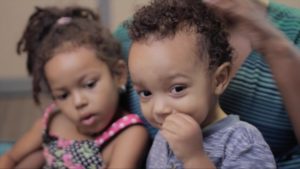
4. How much have you had to compromise as a filmmaker because of financial restrictions or business?
So far, I’ve produced a lot of low budget content because my main clients are nonprofit and educational institutions. And while the benefit is that I’ve learned to become very resourceful under limited circumstances to create high quality content, the compromise is that I’m often working alone.
5. What has been the most challenging aspect of this project?
Breastfeeding is such a broad issue that it’s challenging to get all the layers in.
6. What marketing/outreach strategies have you found most helpful? Any resources you would recommend to other filmmakers or aspiring filmmakers?
Social media, social media and social media. It’s the least expensive and most efficient way to access viewers, especially if you have an issue that’s important to a niche audience. Then you meet them in-person by attending their events and getting feedback. That engagement has been invaluable in making this project possible and the support and encouragement that I’ve received from the moms and community advocates has really motivated me to keep going.
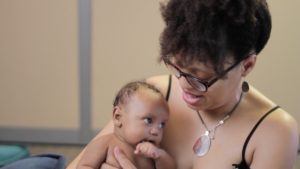
7. How would you like to see your project evolve in the next five years?
I’d like to see Chocolate Milk finished and available online in the next five years, hopefully sooner, with some nice resources and supplemental materials that direct mothers to breastfeeding support groups and counselors in their area, create empathy and understanding among relatives, and the larger community to normalize breastfeeding.
8. Best moment of your journey so far?
When I mention Chocolate Milk and someone’s heard of it!
The OSOW Fast Three!
What is your message to African American women? 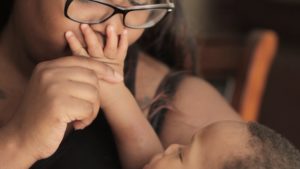
Believe in your ability to set and accomplish your goals, no matter what anyone might say to deter you. Don’t be limited by other people’s expectations. That’s what I’ve learned from my moms.
If you could have lunch with any person, who would it be and why?
I’d want to have lunch with Oprah to tell her about Chocolate Milk and my other projects.
What’s your favorite movie?
I’m a filmmaker and a film buff and always hate that question. I have too many favorites to single out just one! The best example of merging my ideals of combing advocacy and education through film though is Erin Brokovich and now Hidden Figures.


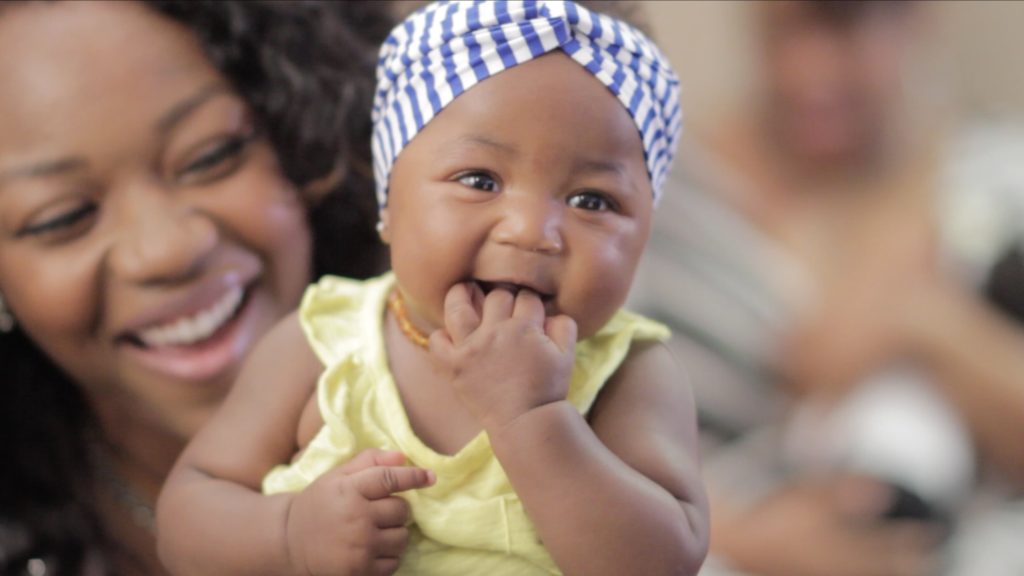
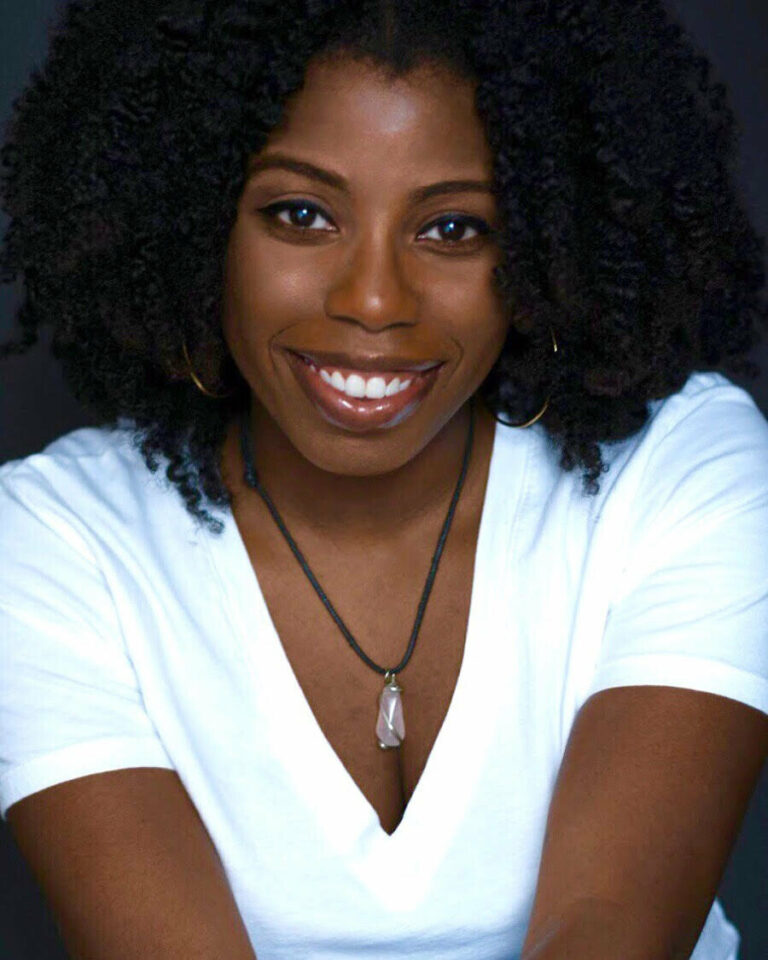
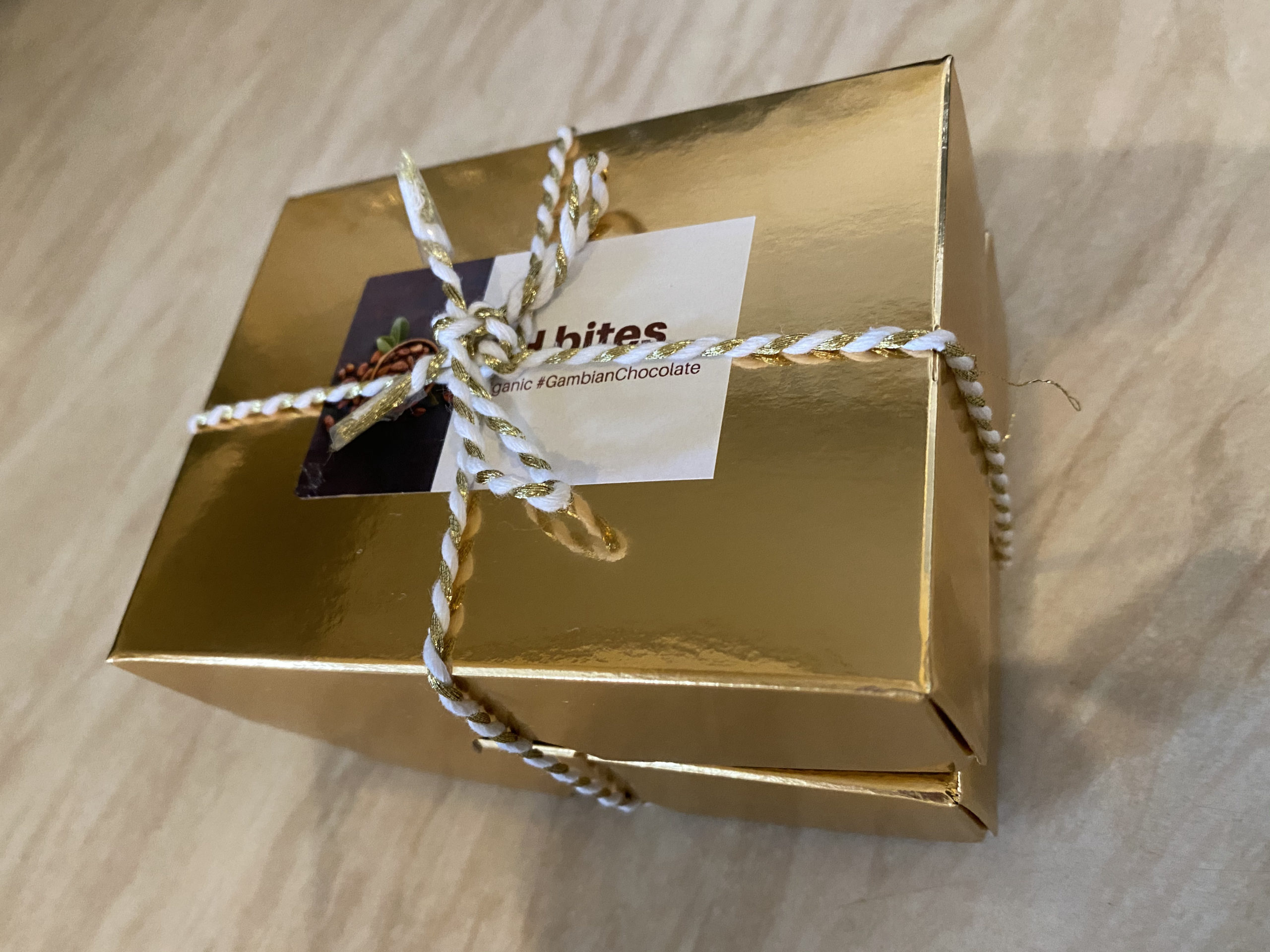
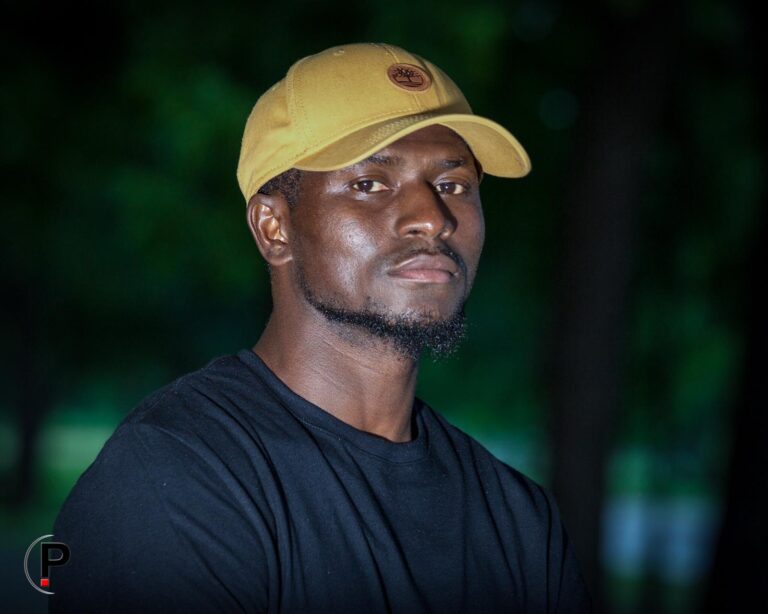
Leave a Reply
You must be logged in to post a comment.